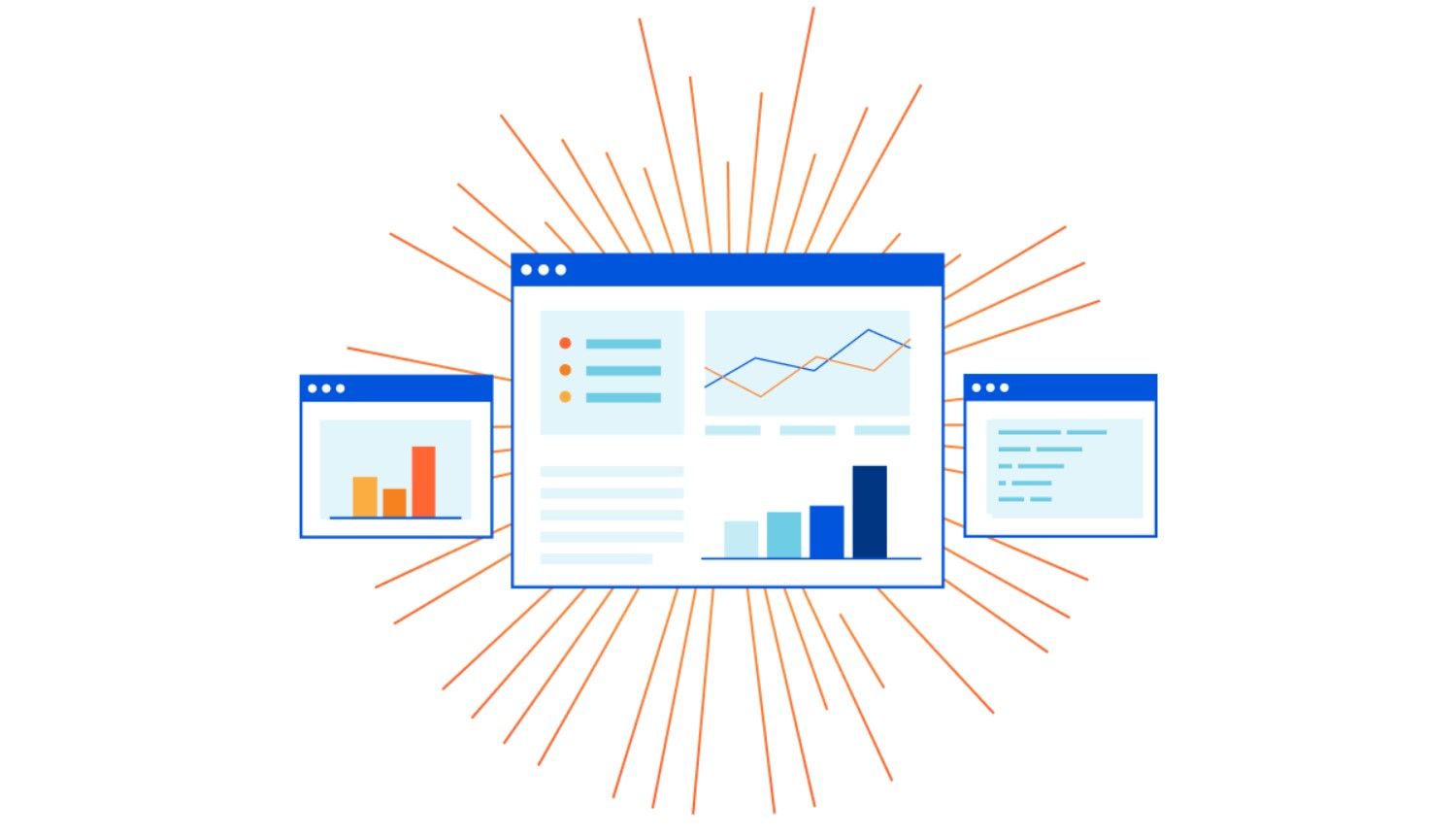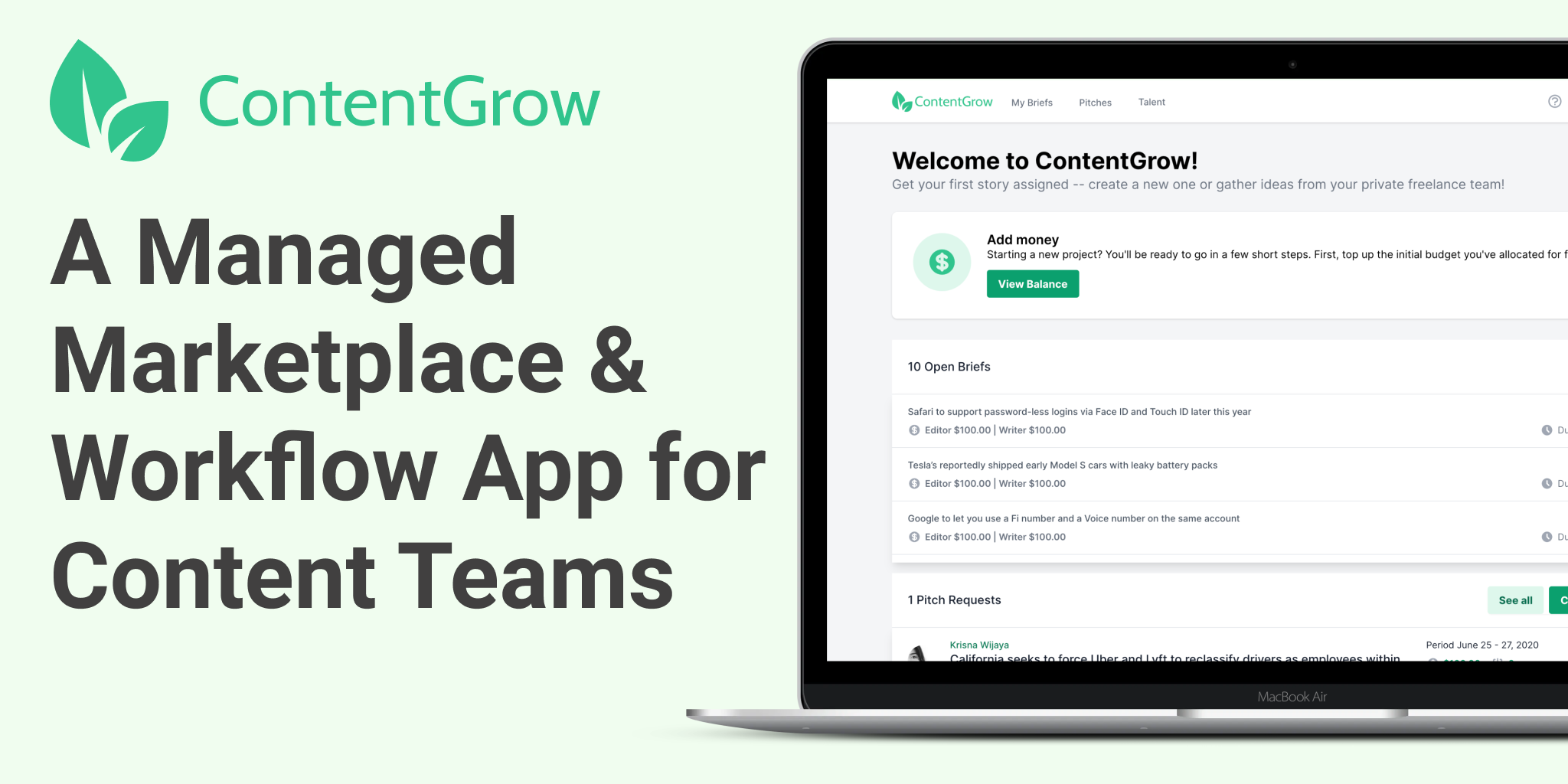MarTech stack deep dive: web analytics
In the traditional marketing era, marketing had a reputation for being costly and virtually untrackable. Enter Web Analytics.

For businesses, the term “analytics” now has many qualifiers, thanks to the rapid evolution of MarTech.
There are marketing tools to measure social analytics, mobile analytics, descriptive analytics, web analytics, and more. But the basis of any good digital marketing strategy still rests on collecting, analyzing, and reporting on website data.
Web analytics will help you to answer essential questions such as who’s coming to your website, and how they got there, what visitors do on your site, and how you can improve the user experience (UX).
What is Web Analytics?
Web analytics include tools that help collect, report, and analyze data generated by users visiting and interacting with a website. Web analytics aims to analyze user behavior, optimize the website’s user experience and flow, and attain insights that help fulfill business objectives like increasing sales.
Web analytics is vital to the success of your business. It enables you to understand your site visitors better and use those insights to improve the experience on your site.

Unless your business is mainly an offline business, it’s pretty easy to manage a website without having some form of web analytics software running in the background.
For example, if you find out that most of your users on your site are using a mobile device, you can concentrate on making your website more mobile-friendly.
Web analytics can also shape your SEO strategy, such as looking at your top viewed posts that help you identify what content and topics perform best with your audience.
Key Metrics in Web Analytics

Sessions
A session is one single visit to your website. Regardless of if a user lands on one of your web pages, leaves after only a few seconds, or spends an hour browsing, it’ll still count as one session.
If the same user leaves and returns to your website later, it won’t count them as a new user, but it will be counted as a new session. Keep in mind that the session duration varies by web analytics tool. For instance, sessions in Google Analytics and HubSpot’s traffic analytics tools usually last 30 minutes by default.

Pageviews
A pageview, sometimes called a page hit, happens when a page is loaded or refreshed in a browser. It’s counted by how many times a page has been viewed on your website.
For instance, if a person were to view a page on your website and reload it in their web browser, that would count as two views. If they viewed one page, viewed a second page on your website, and then returned to the original homepage, that would count as three views.
Unique pageviews
Unique pageviews are different from regular pageviews. A unique pageview is calculated by the number of sessions during which a page on your website has been viewed one or more times. The same user generates this metric during the same session. Unique pageviews help you better understand how many visitors view your site and how popular individual pages are.

New and Returning Visitors
As the term suggests, a new visitor is a user coming to your site for the first time on a device, whereas a returning visitor is a user who has been on your website before and is back browsing again.
Traffic Sources
Traffic sources indicate where your website visitors are coming from and are usually gathered via the tracking code on your website. The traffic sources you can track and see usually consists of organic search, direct traffic, referral, email marketing, paid search, and paid social.
Ideally, you want to grow all sources of traffic. But, your most significant focus should be organic search, which is traffic from non-paid search results in search engines like Google.

Bounce Rate
Google determines the bounce rate as “the percentage rate of visits that go to only one page before exiting a site.” Generally, a bounce rate of 40% or lower is deemed reasonable, 40% to 70% is average, and anything above 70% is considered high.
If your site’s overall bounce rate is high, it might help to determine individual pages with high bounce rates. A high average page bounce rate might indicate an issue with the page’s loading time or that the external link is not opening in a new tab or window, among other reasons.
Embracing MarTech for your business doesn’t mean you need every kind of analytics solution. For SMEs, sometimes all you need is one or two popular SaaS providers such as Google and WordPress. But if you want to raise and scale up your business, you may need analytics tools and integrations specific to your business operations.
This is the fifth in a series of MarTech Stack articles, and we hope that this has provided insight into the MarTech landscape.
Save time and money when creating and distributing high-quality content for branding and marketing with ContentGrow. Sign up to get your campaign started or book a quick call with our team to learn more.





